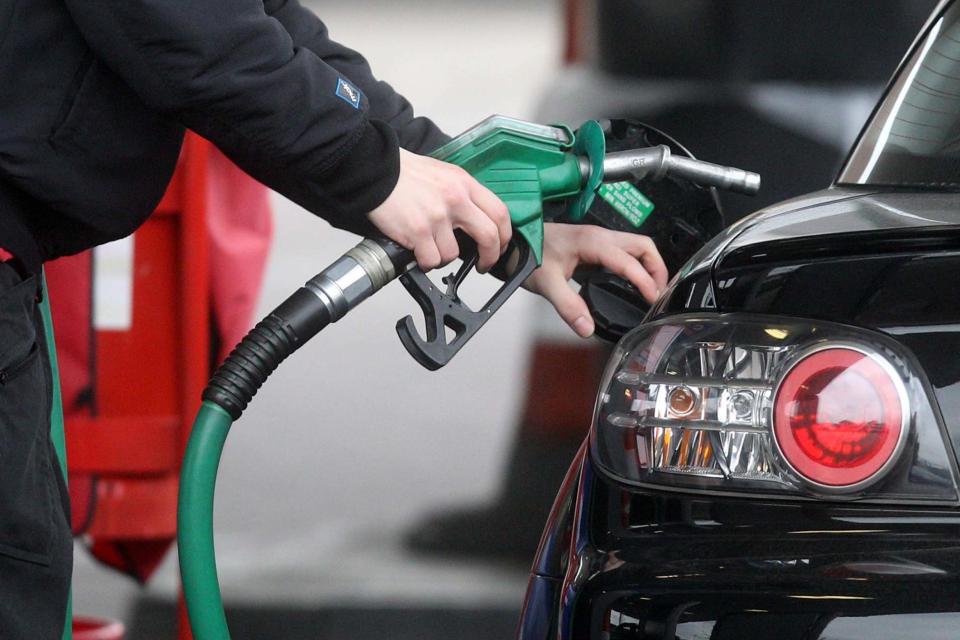Goldman Sachs predicts oil demand will return to pre-coronavirus levels by 2022

Battered oil companies have been given a fillip as Goldman Sachs said a pick-up in commuting, increased car usage and global state infrastructure spending should help global oil demand return to pre-coronavirus levels by 2022.
The investment banking giant told clients in a note that demand is expected to fall by 8% this year, before rebounding 6% in 2021 and fully recovering to pre-pandemic levels by 2022.
The oil price has been slumped this year amid the Russia-Saudi Arabia price war and then a slump in fuel demand during lockdown. Brent Crude now sits around $42 a barrel, up slightly today.
“Oil demand has already started to recover with the initial pace of recovery surprising to the upside in economies like China and India. Demand is still below normalised level with June demand estimated to be 12% below last year levels,” Goldman said.
The bank expects gas to stage the fastest demand recovery among oil products, while jet fuel consumption could suffer more as consumer confidence in air travel is likely to stay low in the absence of a vaccine.
While fuel demand is gradually recovering as lockdown measures ease, a second wave of the virus could quickly undermine the trend, according to industry data this week.
Britain’s oil majors have already moved to factor in the long-term fall in the oil price. Shell this week said it will take a $22 billion (£17.9 billion) hit for the current quarter after lowering its expectations for oil and gas prices.
The Anglo-Dutch oiler expects Brent crude to average $35 a barrel this year and $40 a barrel next year, with it rising to $60 by 2023.
Last month its arch-rival BP warned it would take a similar hit of $17.5 billion and review whether to go ahead with exploration projects in Angola, Canada, Brazil and Mexico.
BP now has prices at an average of $55 a barrel for 2021 to 2050, a 30% drop from previous estimates.

 Yahoo Finance
Yahoo Finance 